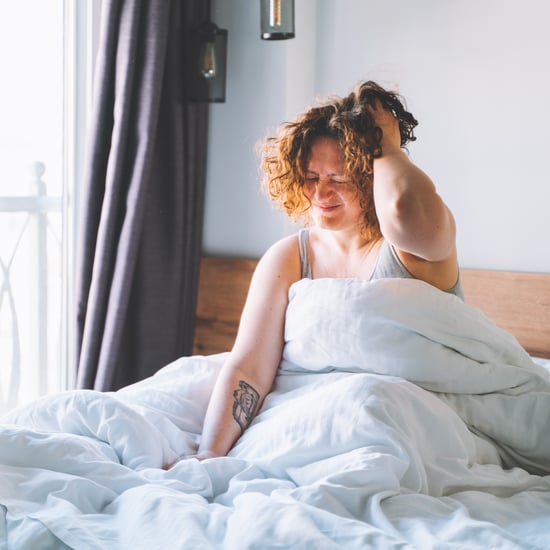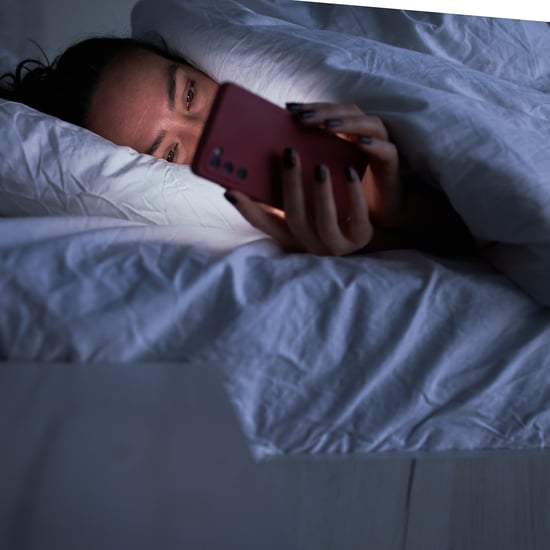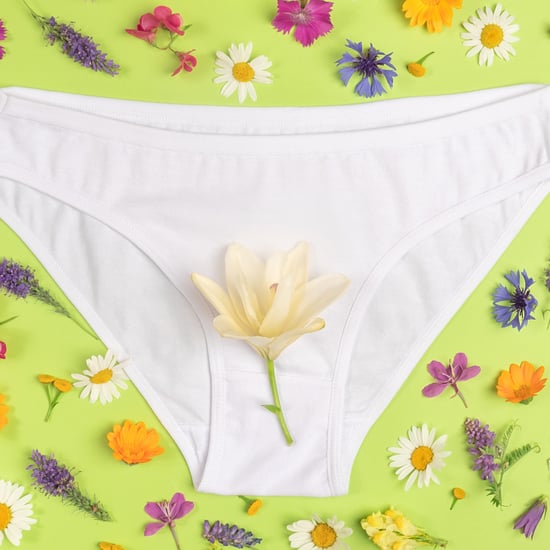Why Are My Allergies Worse at Night?
This Nighttime Habit Could Be Making Your Spring Allergy Symptoms Worse

Spring allergy season can arrive as early as late February, depending on where you live — and with it, the itching, sneezing, sniffling symptoms you probably know all too well. If you find that you feel especially restless at night, you're not alone.
In fact, it's quite common to feel worse late at night if you spend a lot of time outside during the day. "This is because pollen sticks to you from outside," David Erstein, MD, a board-certified allergist and immunologist in New York City, told POPSUGAR. Meaning, you should really change clothes and shower before falling into bed, no matter how exhausted you feel.
This is true even if you typically only spend evenings outside — because while pollen counts are generally higher in the morning, the warmer temperatures push pollen up into the air during the day, leaving them to fall back down once the temperatures cool, explained Allan Rosenbaum, MD, a board-certified otolaryngologist at the University of Tennessee Medical Centre in Knoxville, TN.
Then there's the issue of indoor allergens, including dust mites and pet dander — both of which can wreak havoc when you're at home. "No matter how much you try, you'll never be able to get rid of those dust mites completely, and pet [dander] removal is not usually an option, so reduction strategies help immensely," Dr. Erstein said. He suggests trying to avoid carpet in your bedroom, using non-feathered pillows, and changing your sheets weekly, cleaning them with hot water and high heat. "Dust mite covers for the mattress and pillow cases may also help, and air purifiers with HEPA filters can reduce the pet dander suspended in the air," he added.
Still, it's best to get ahead of your symptoms by working with an allergist to develop the best treatment plan. "Thankfully, there is more help available to sufferers than what you can get over the counter at your local pharmacy," Dr. Erstein said. "Allergists can prescribe other helpful medications if symptoms warrant and can provide specific allergy immunotherapy to help build up your tolerance to the pollens you are allergic to, if necessary."







